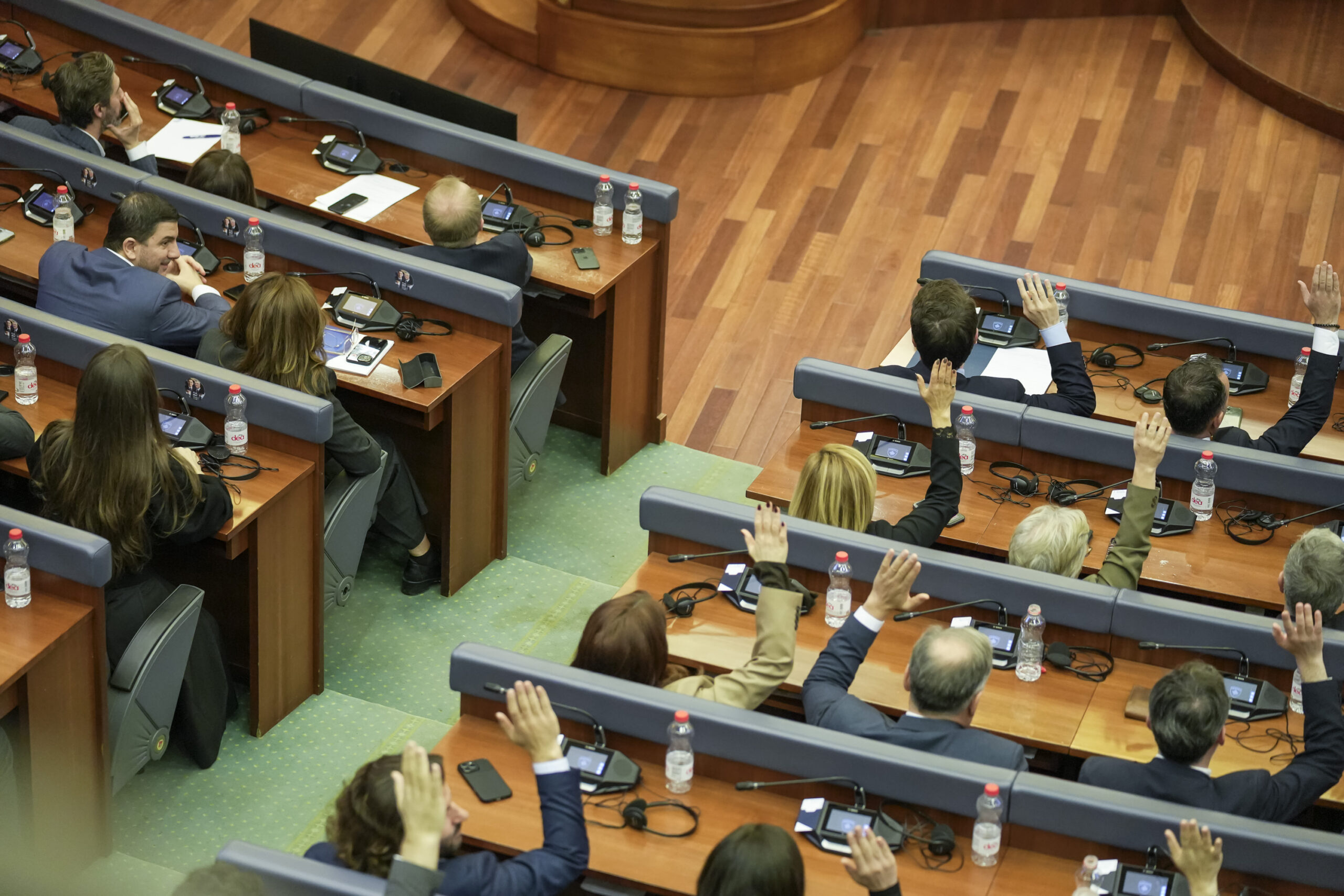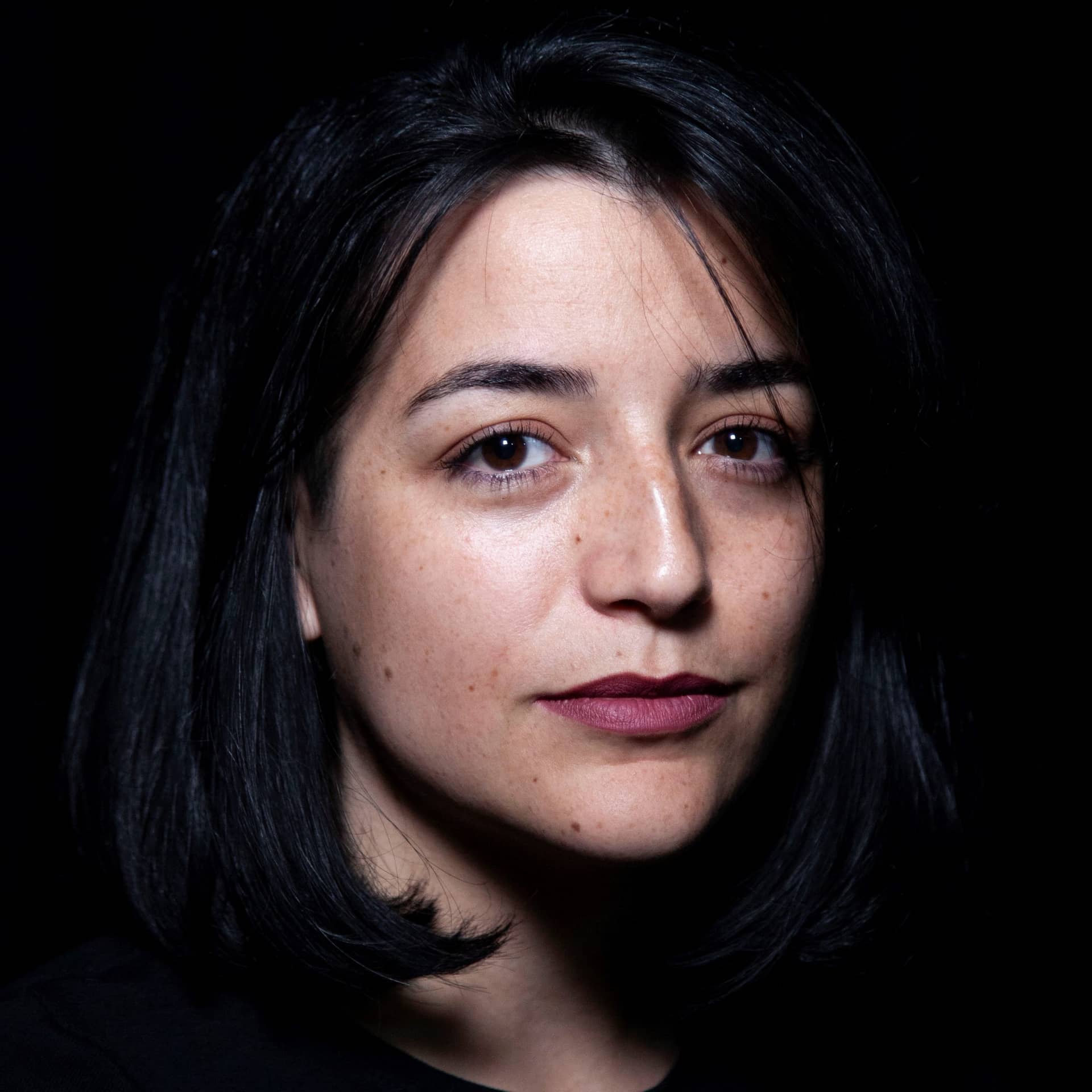
The institutional deadlock in numbers
How much have the MPs of the 9th legislature worked and spent?
|24.11.2025
|
60
sessions to constitute the Assembly
1
coalition invitation
2
nominees to form the government
1.7
million euros in MP salaries
4
trips to the Constitutional Court
111
unprocessed draft laws
170
million euros lost from the EU and World Bank
21.9
million euros for elections

Gentiana Paçarizi
Gentiana Paçarizi is managing editor at K2.0. She has completed a master’s degree in Journalism and Public Relations at the University of Prishtina ‘Hasan Prishtina’.
This story was originally written in Albanian.